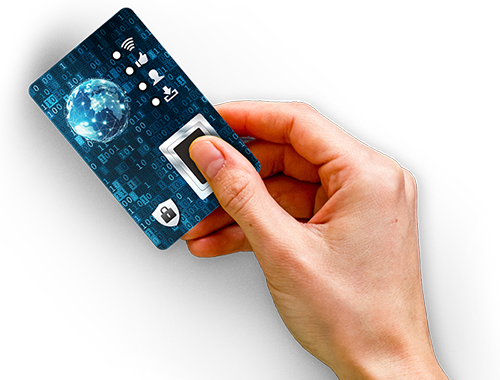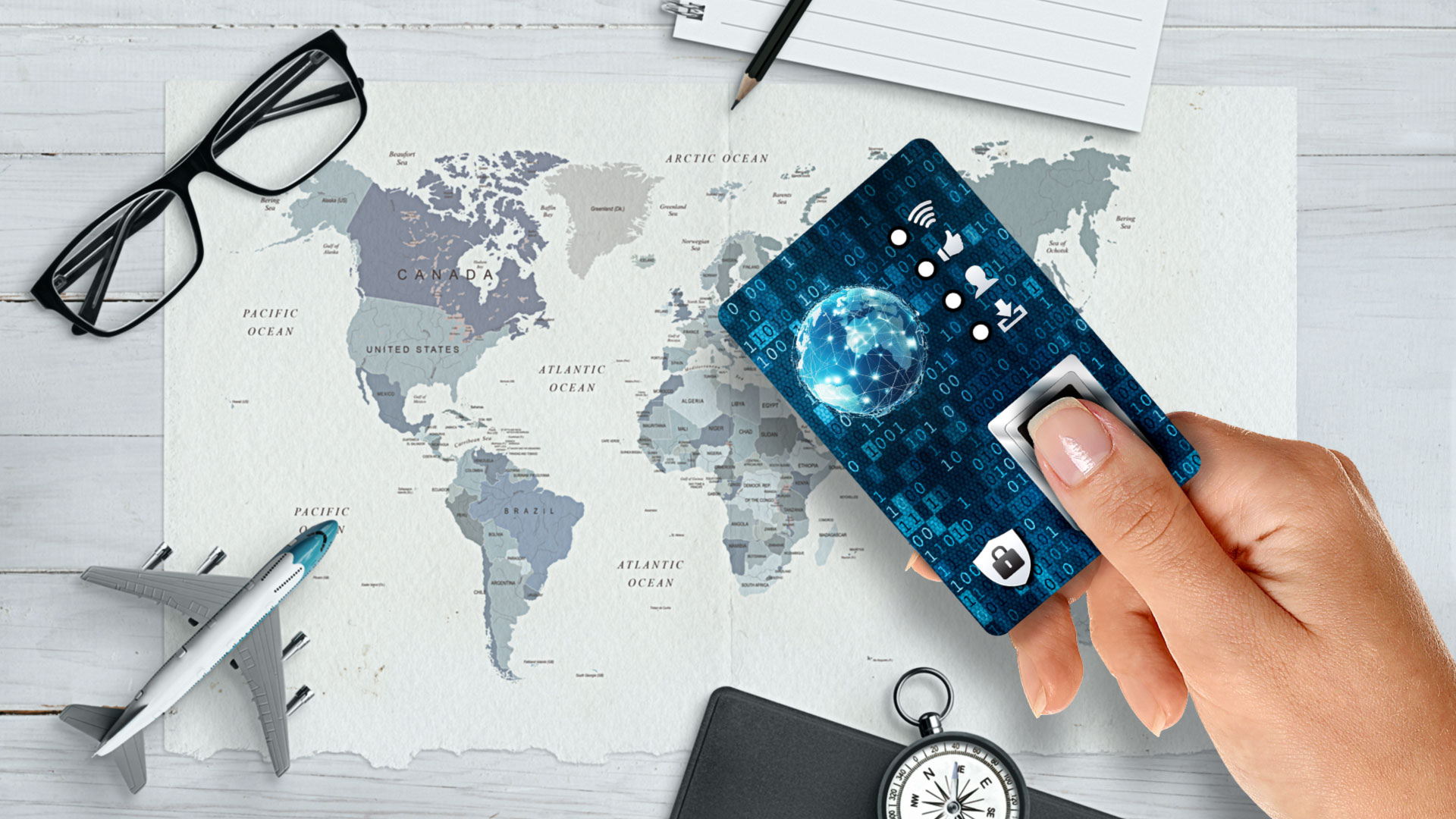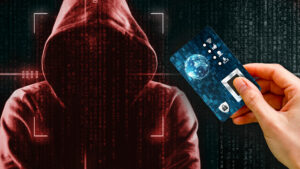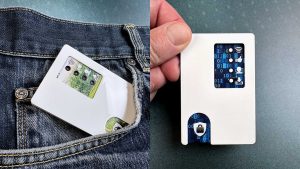- Introduction
- A New “Passport” — Personal, Sovereign, Decentralized
- FIDO2 — Trusted Asynchronous Communication
- Implementation — A National Trust Infrastructure
- Value Creation — Beyond Security
- A Passport to the Future
- Frequently asked questions
How a government grade biometric , decentralized authentication system protects citizens security and privacy. Restoring citizens trust in a crime infested digital world.
Introduction
For decades, the passport has represented verified identity, sovereignty, and the right to cross borders safely. It proves who we are and grants access to trusted domains under globally recognized standards.
Yet in the digital realm, no such equivalent exists. Identity online remains fragmented, duplicated, and frequently stolen. The absence of a universal, verifiable “digital passport” has left citizens, corporations, and governments exposed to widespread fraud and manipulation.
The APPSCARD concept fills this void — creating a government-grade “Digital World Passport” that enables secure, trusted movement and interaction across both digital and physical domains.
A Digital “Passport” — Personal, Sovereign, Decentralized
Like a traditional passport, the APPSCARD is issued under the authority of a governmental institution, yet it remains fully trusted by the user. It binds the cardholder’s verified identity to a local biometric credential stored inside tamper-resistant hardware — ensuring authenticity without cloud dependence or centralized databases.
This new “Passport” enables:
- User sovereignty: Identity remains in the hands — and hardware — of the citizen
- Privacy by design: No centralized tracking, no exposure of personal data
- Offline and asynchronous operation: Secure authentication even without active network connections
- Global interoperability: Alignment with open identity standards including FIDO2
FIDO2 — Trusted Decentralized Communication
Integration with FIDO2 standards extends the APPSCARD’s value far beyond local authentication. FIDO2 enables safe, cryptographically bound, secure communication between trusted entities — even when no direct network path exists.
Through FIDO2-based key exchanges:
- Each authentication remains mutually verified and cryptographically isolated
- No shared secrets or replayable credentials ever leave the user’s device
- Asynchronous message validation allows secure transactions between parties at different times or locations
- Governments and enterprises can establish secure digital dialogues — verified, non-repudiable, and private
This makes the Digital World Passport not only a local authenticator, but a secure communications enabler for the world’s digital infrastructure.
Implementation — Passport Grade Integrity
Deploying a Digital World “Passport” system demands card full lifecycle integrity governed by the governmental entity owning the project. This must include all potentially security sensitive steps including KYC, Enrollment and Operations.
Value Creation — Beyond Security
The Digital World “Passport” framework creates measurable value across all layers of its segment :
- Economic efficiency: Reduced fraud, faster onboarding, simplified compliance
- Operational resilience: Local verification ensures uptime during outages
- Regulatory readiness: Transparent, auditable trust architecture
- User empowerment: Restores control, privacy, and confidence in digital interaction
A “Passport” to the Future
As our societies digitize, identity becomes the new “border” — separating trust from risk. A government-grade, biometric, FIDO2-enabled, decentralized Digital World “Passport” secures that “border” for every citizen.
Just as physical passports ensure safe travel between nations, these Digital World “Passports” will enable trusted participation across the global digital landscape — defining the next era of secure communication, verified identity, and digital sovereignty.





